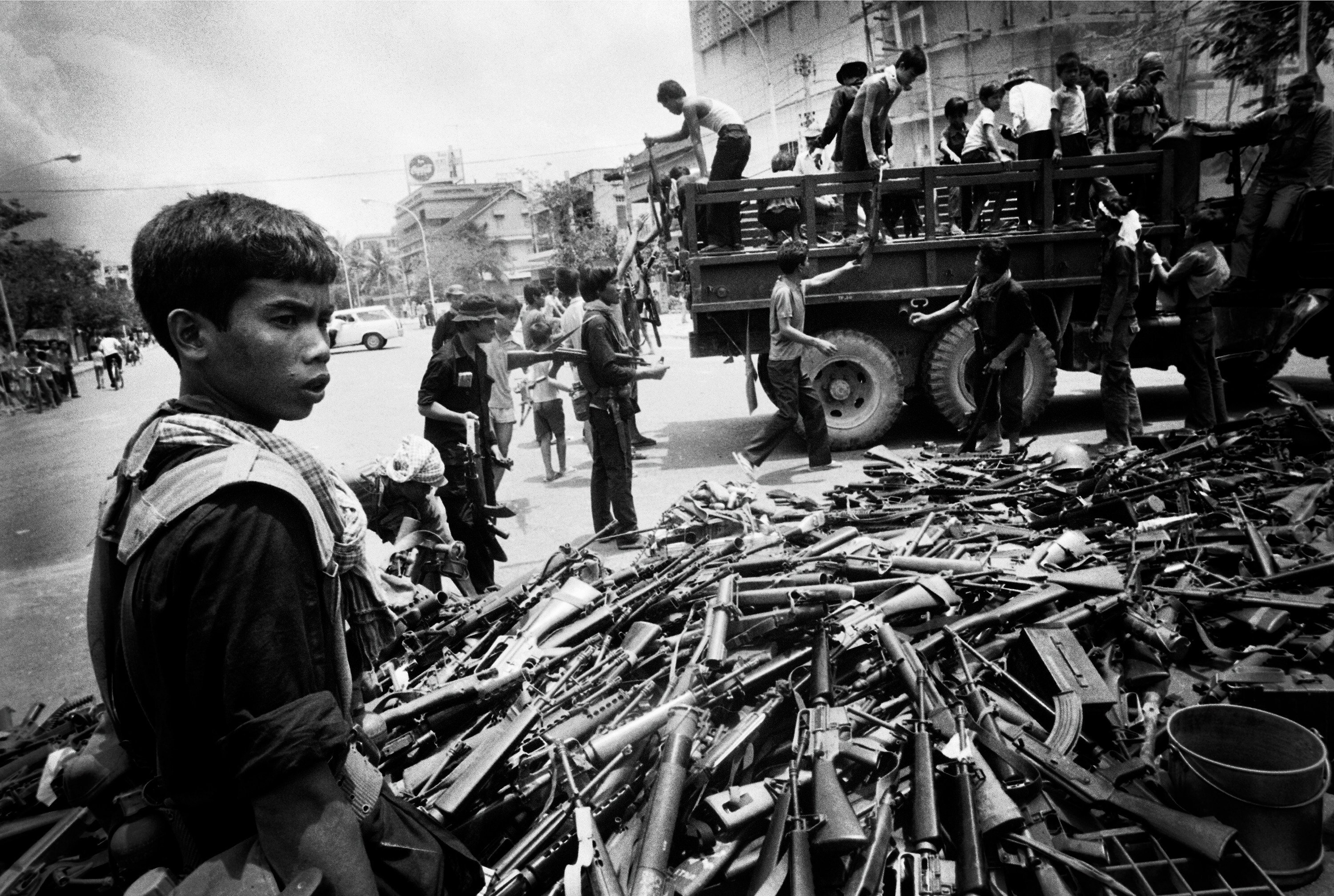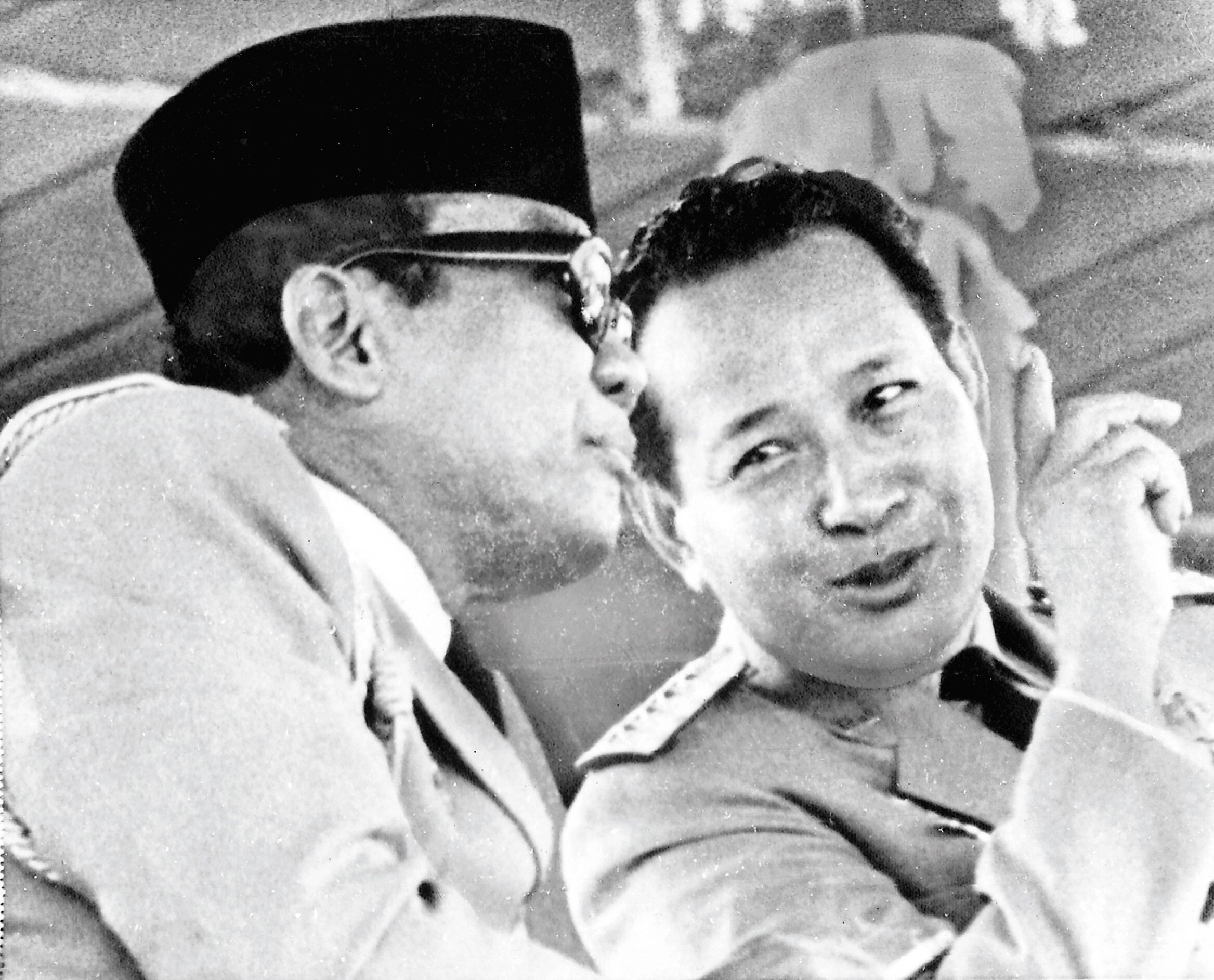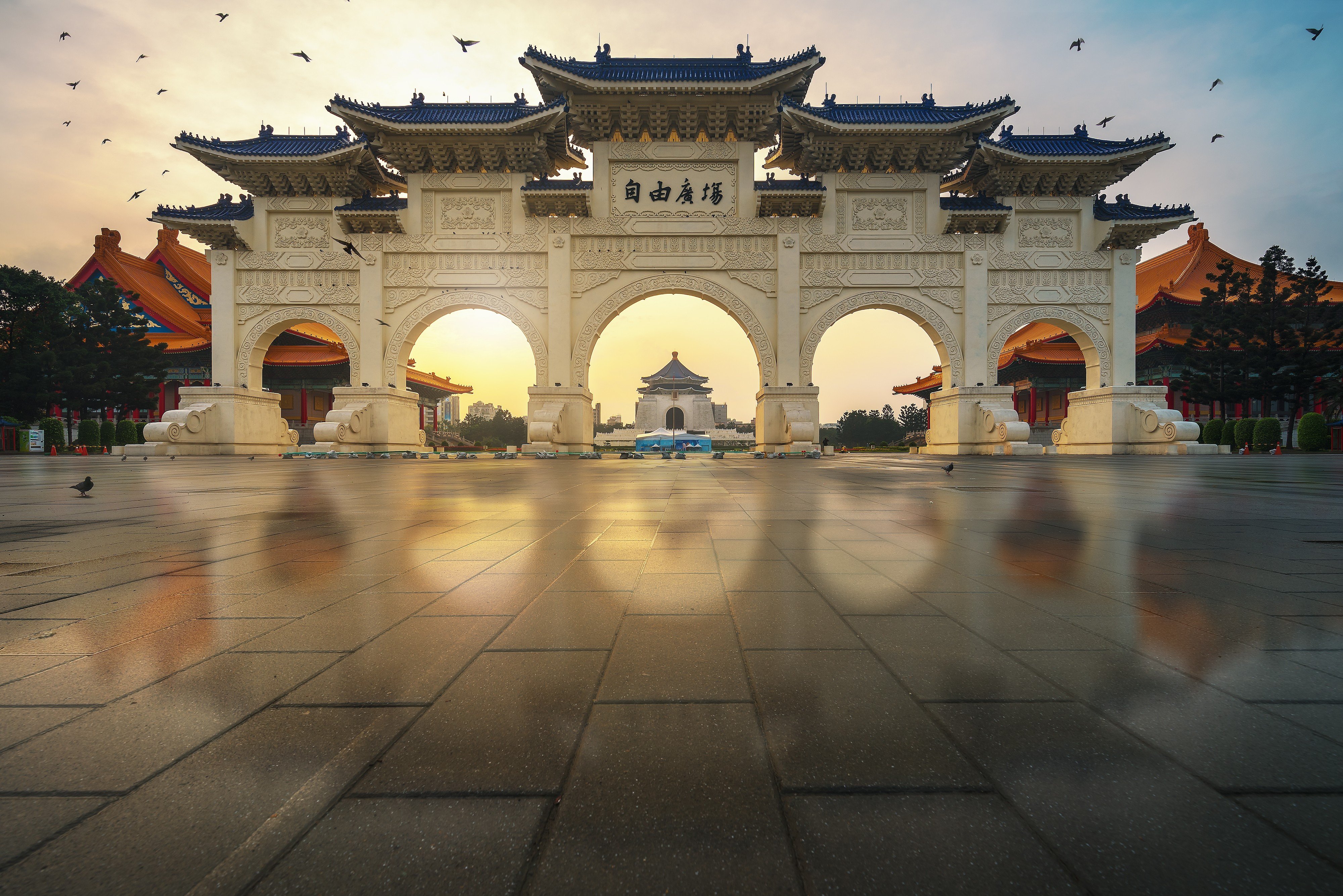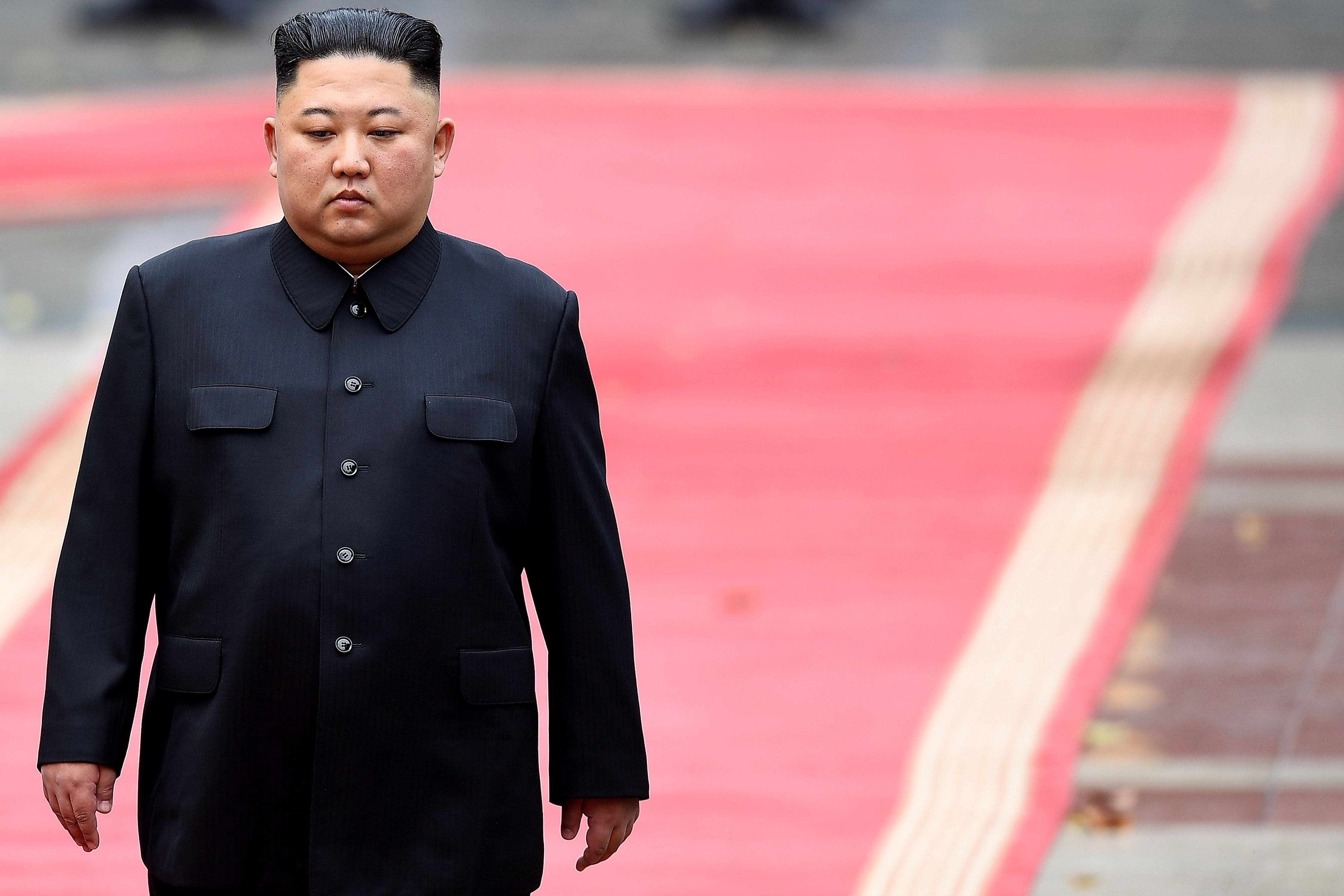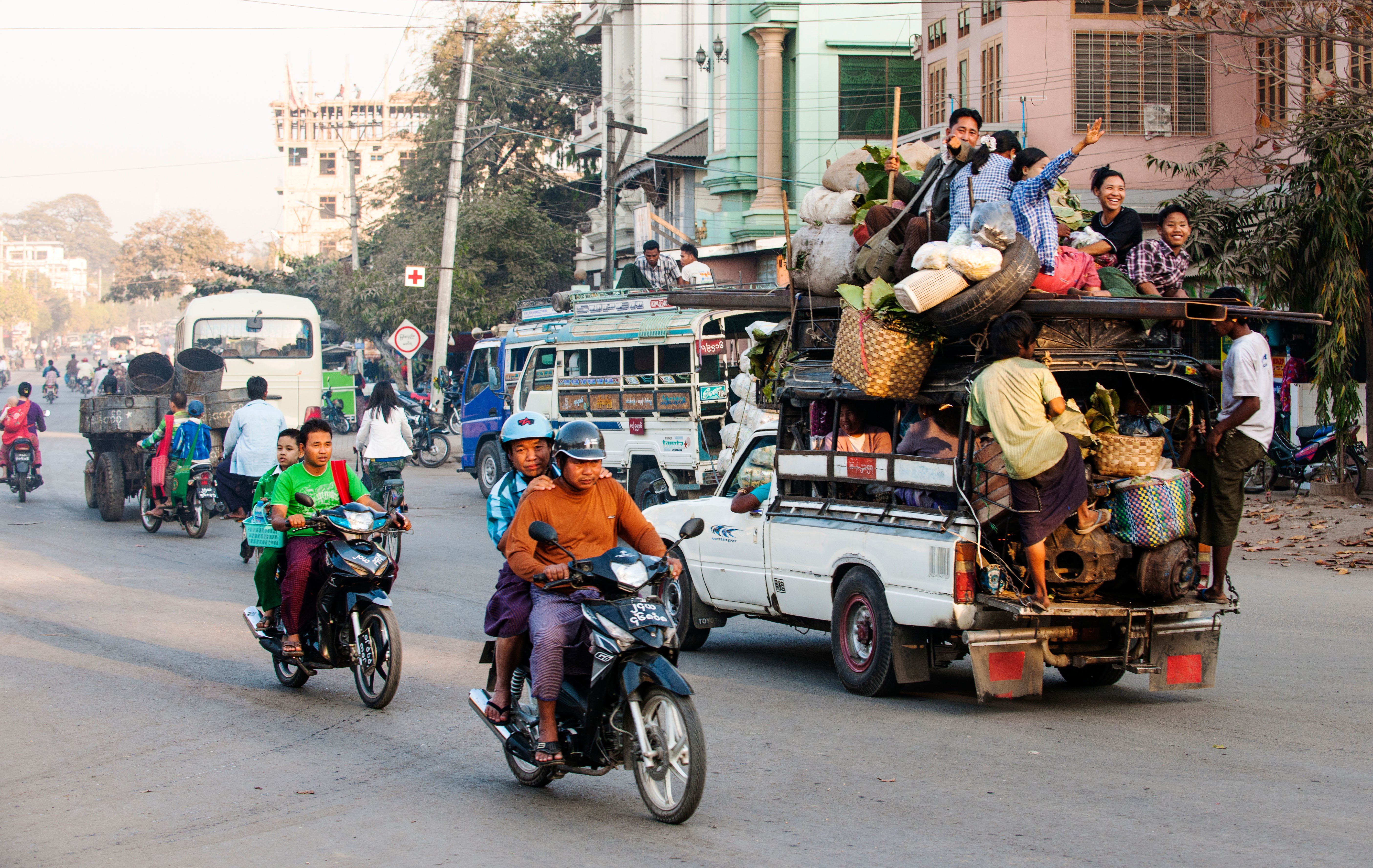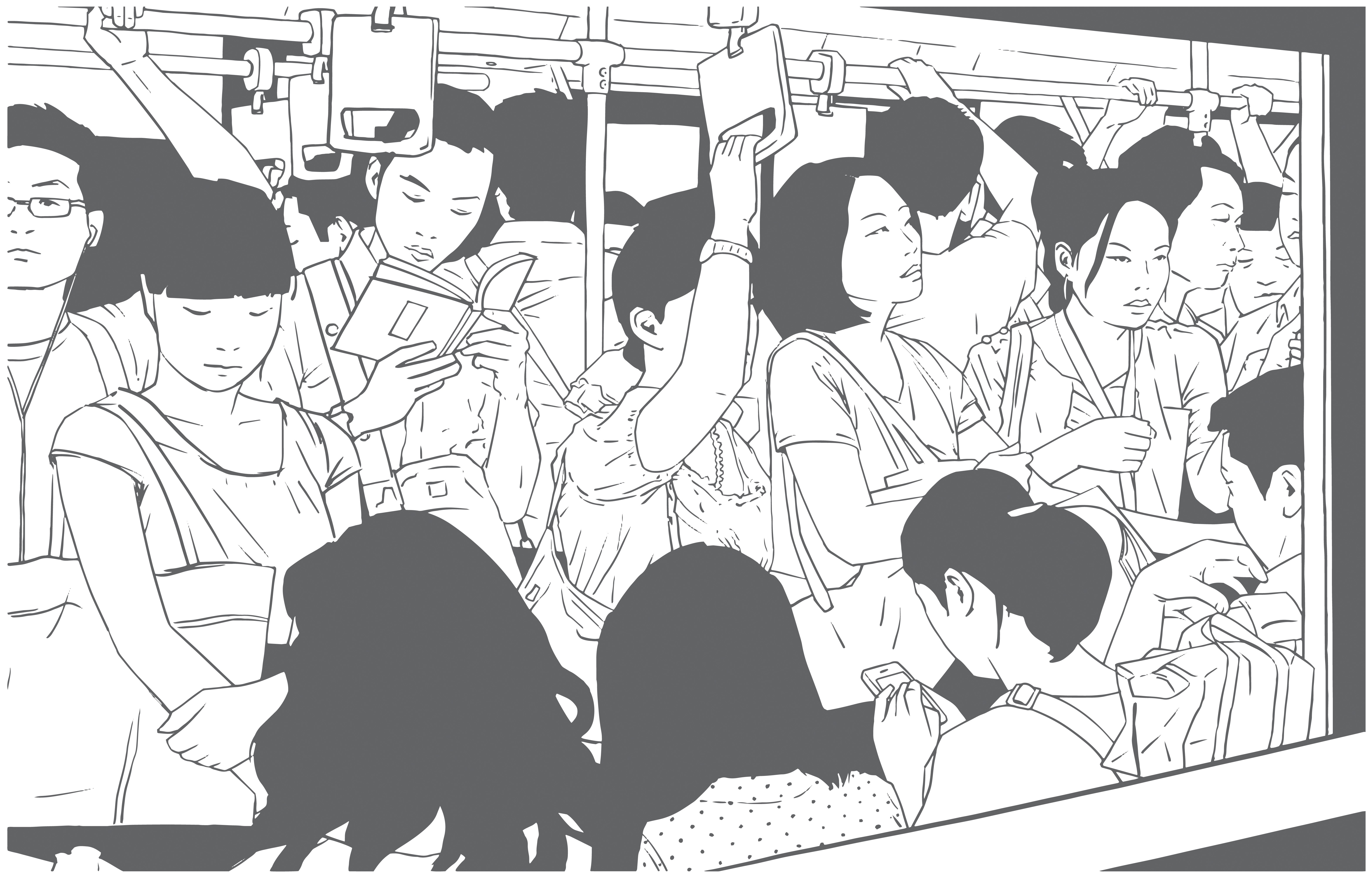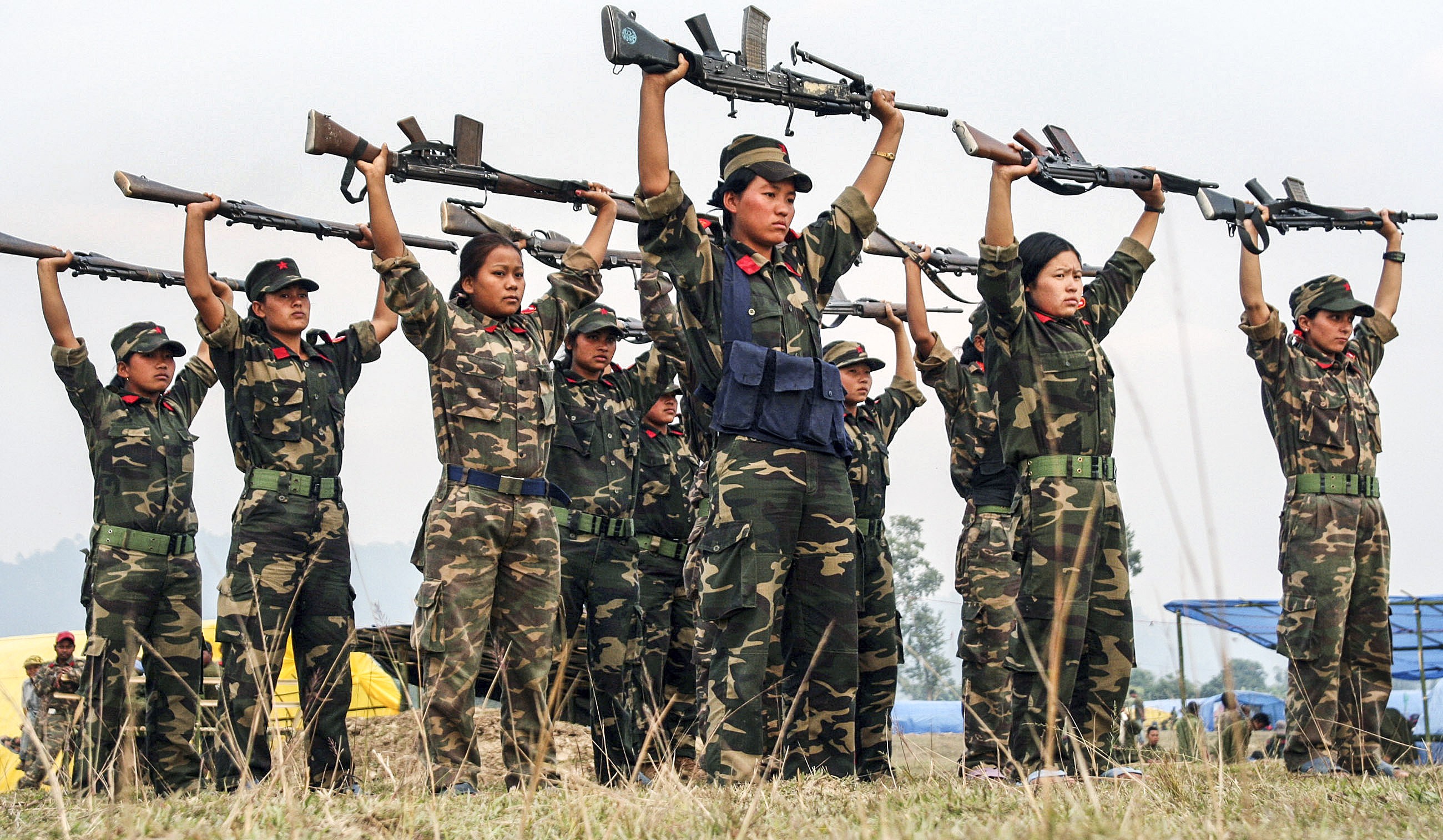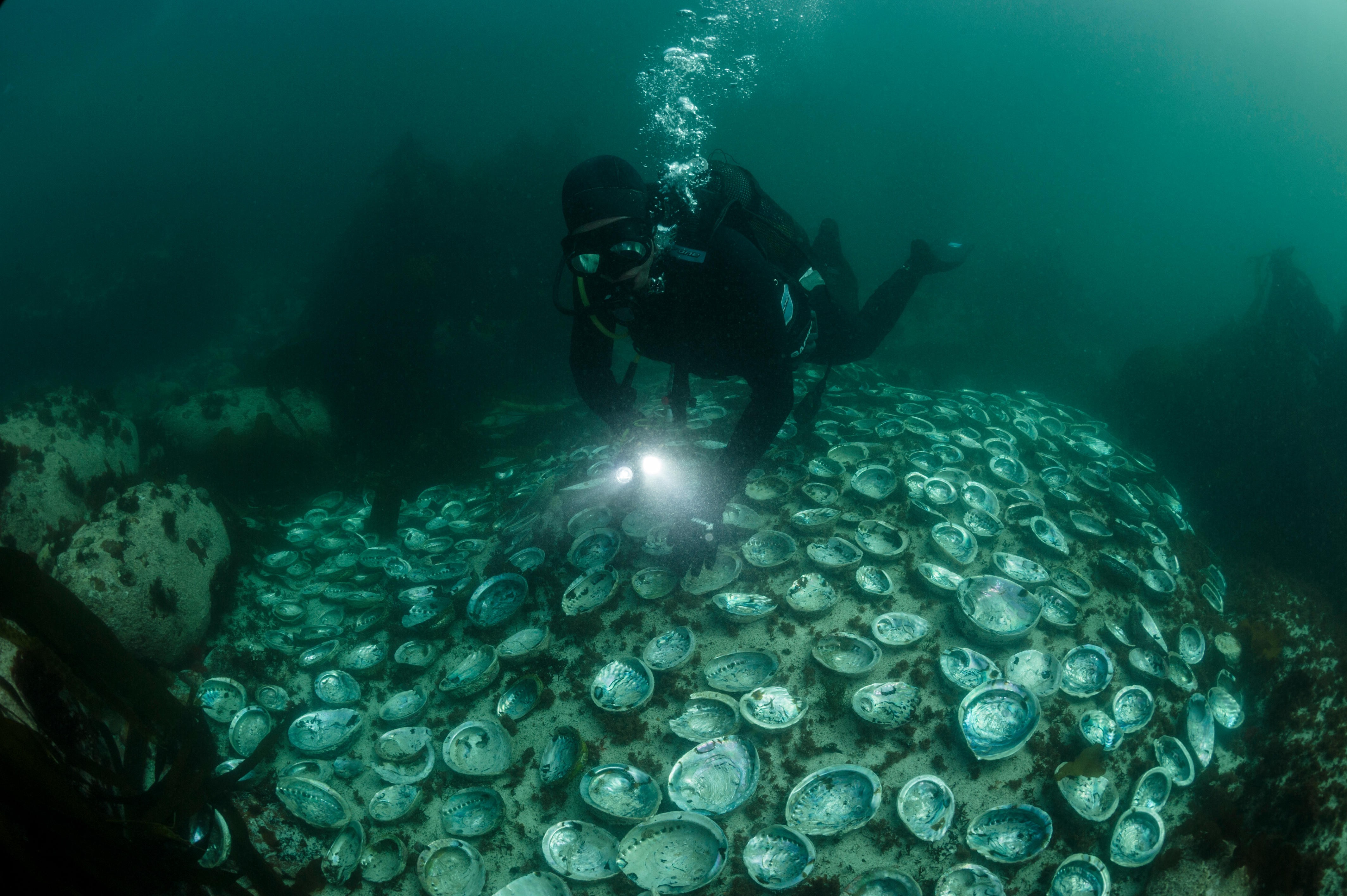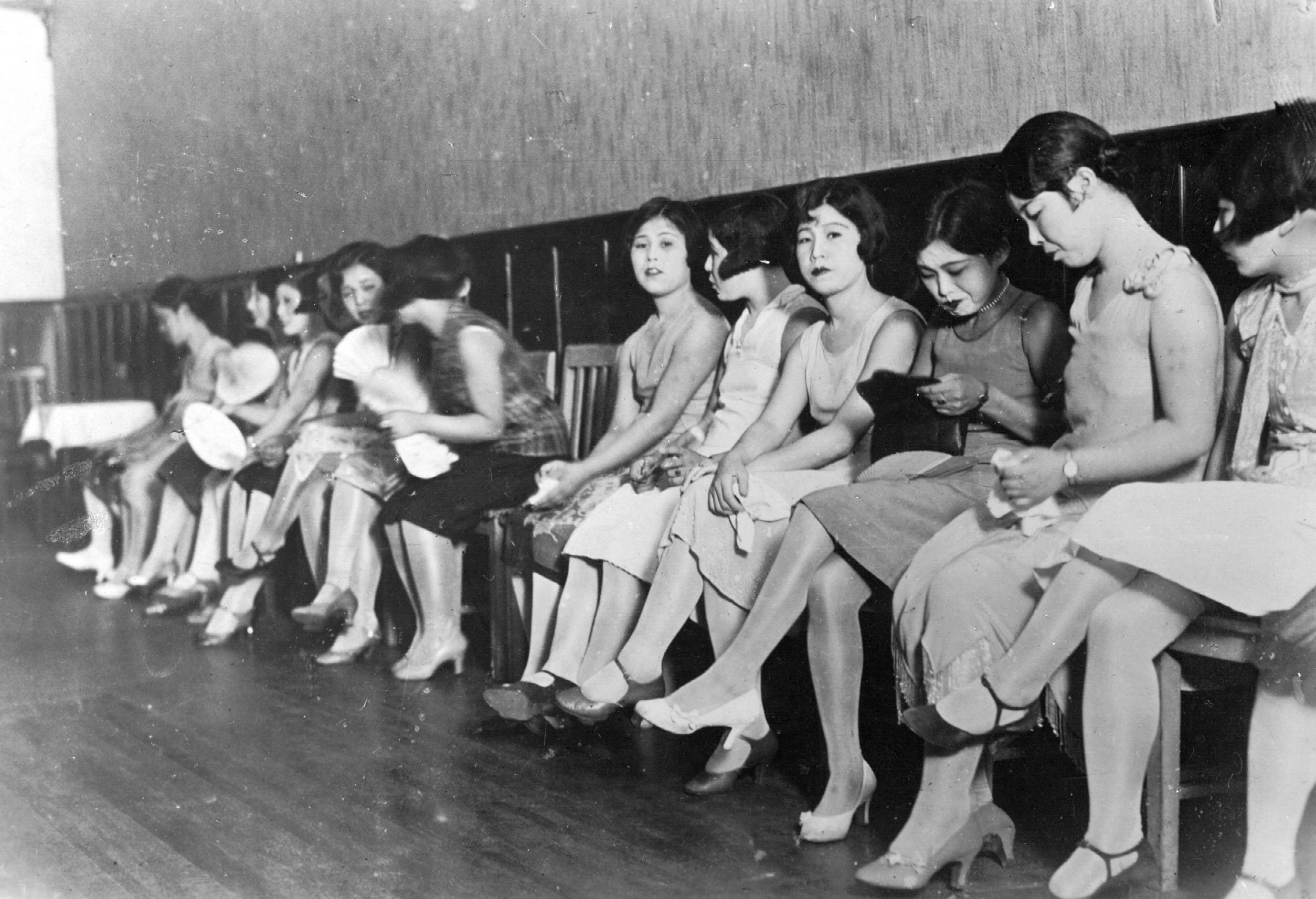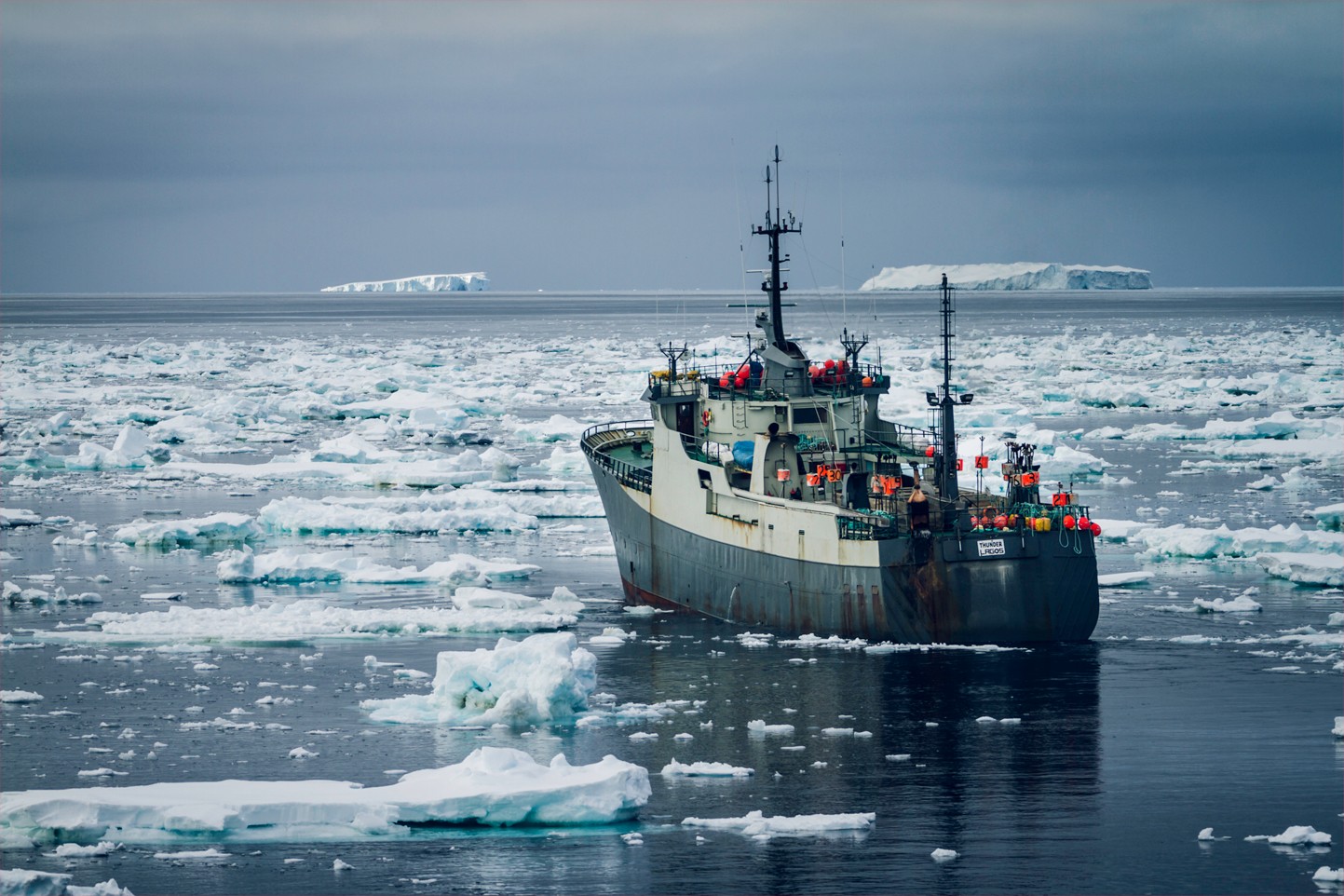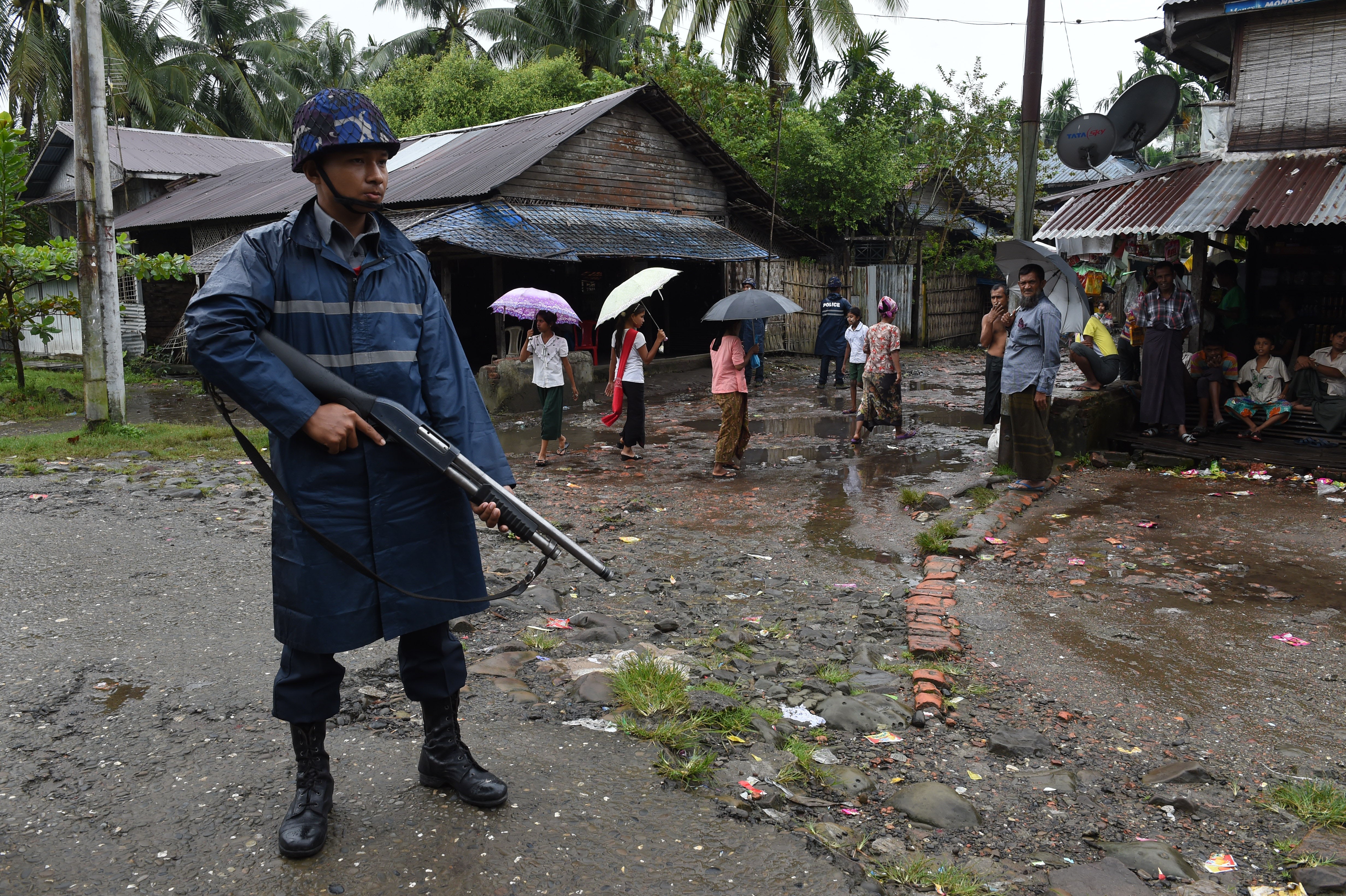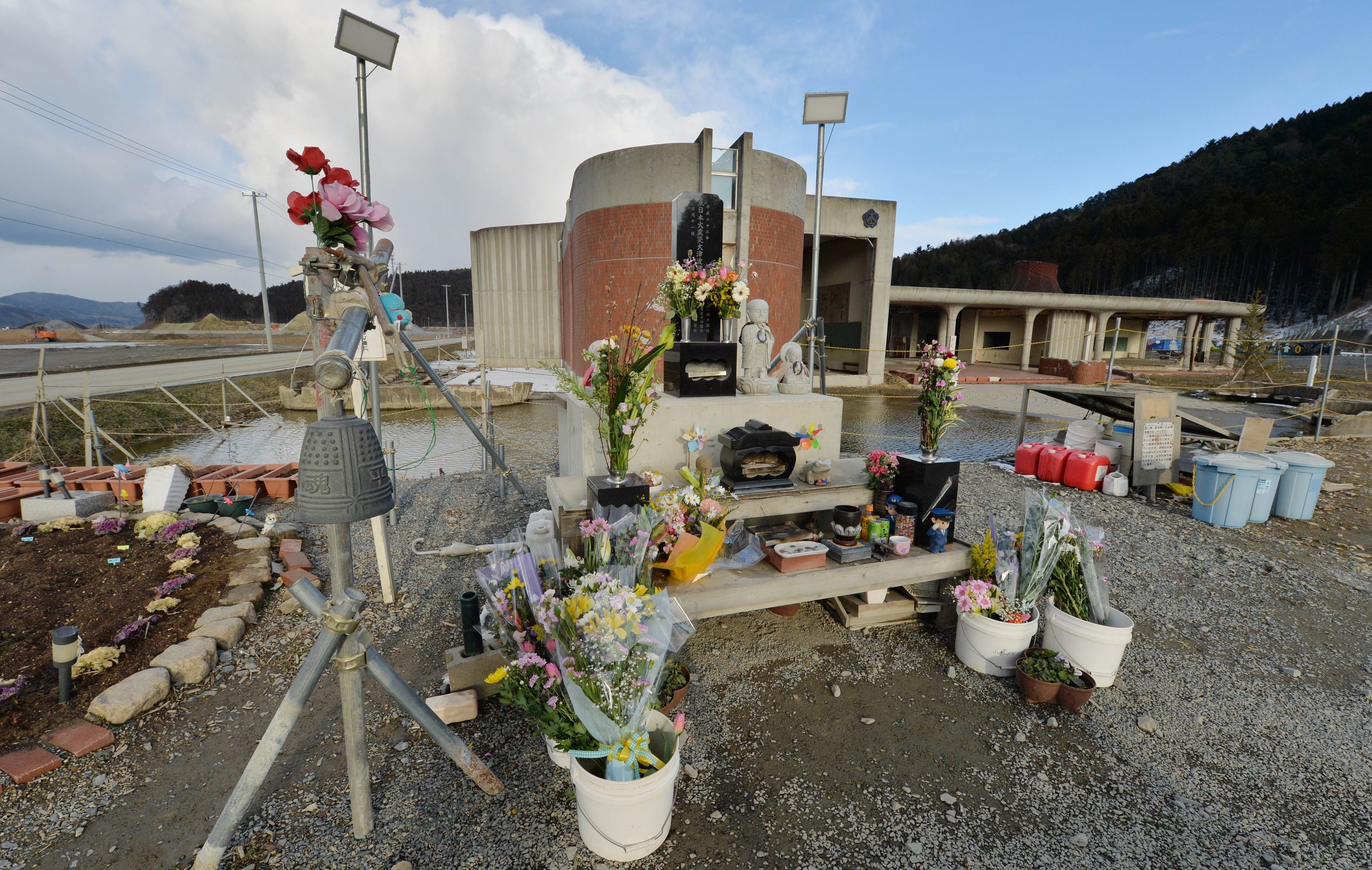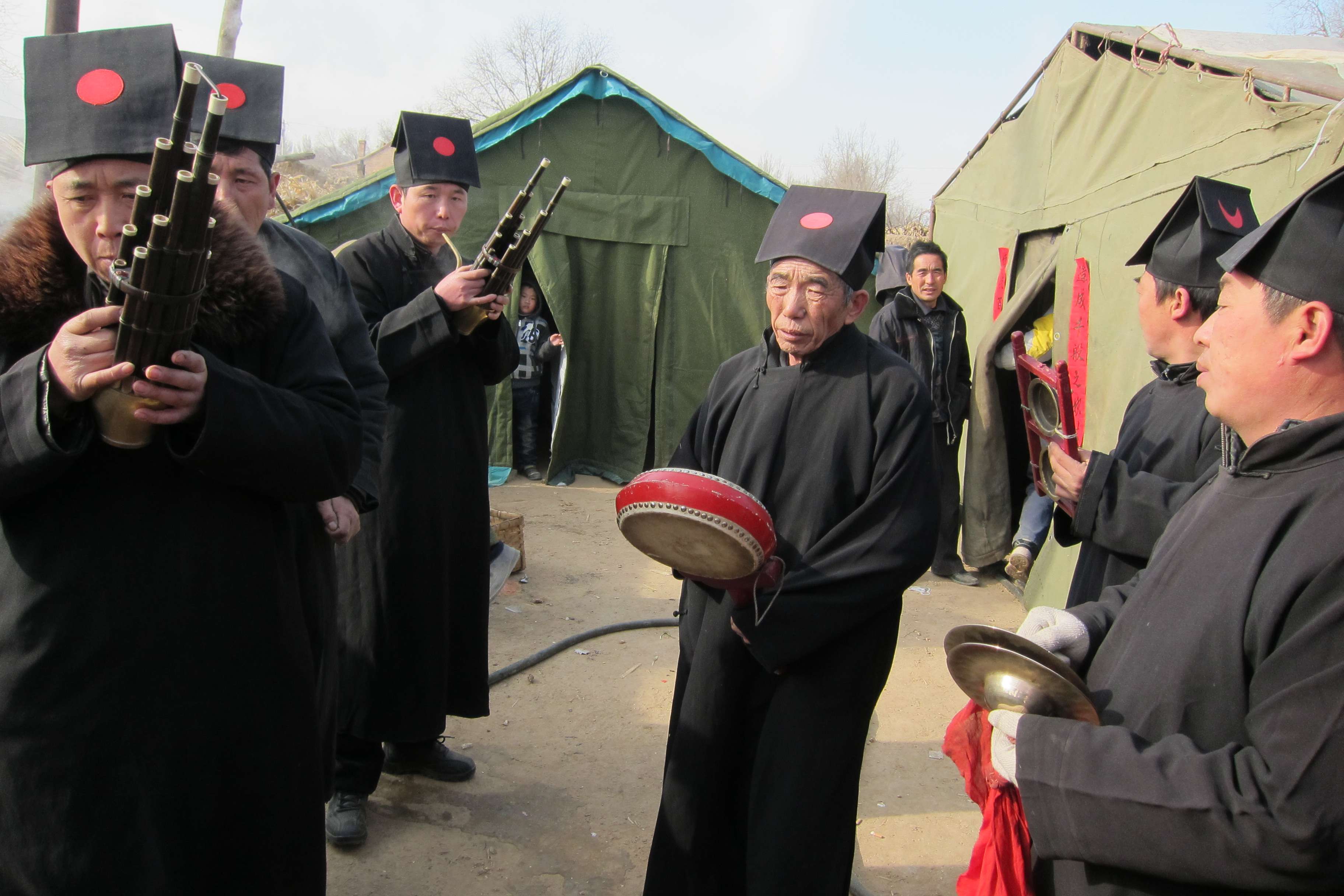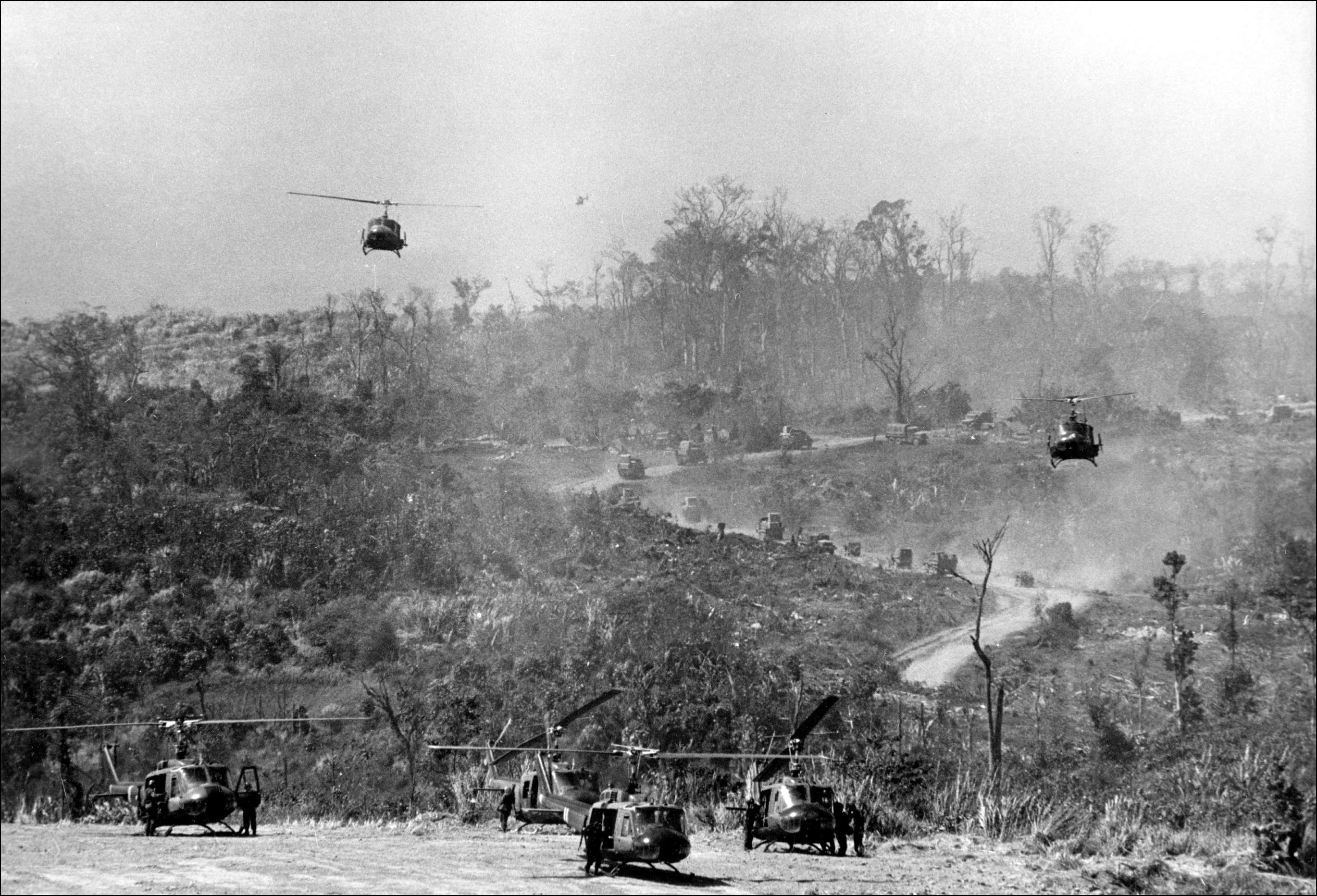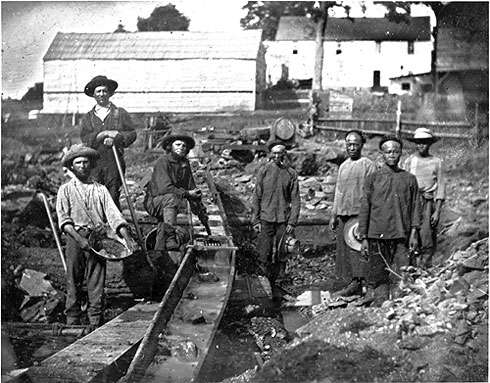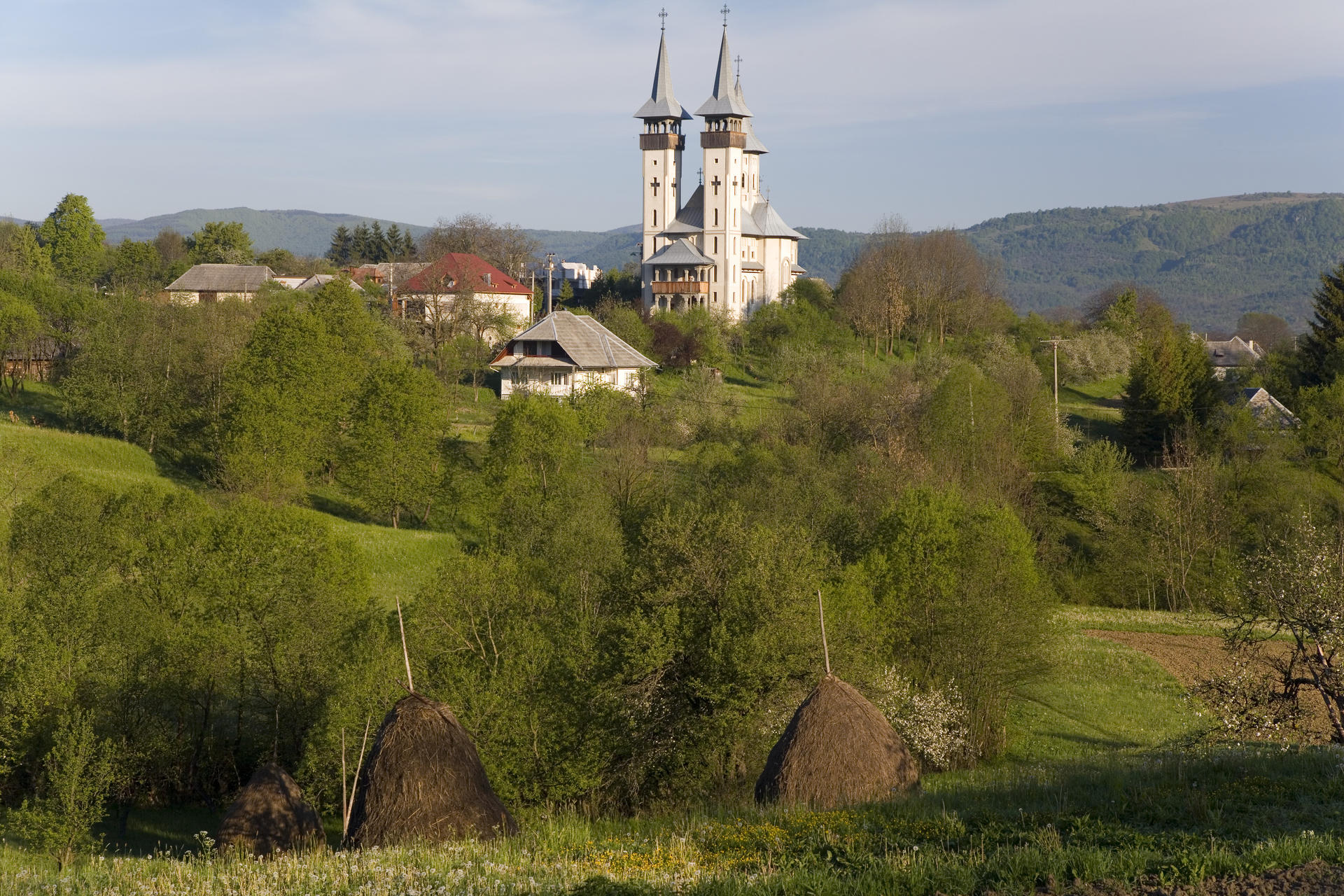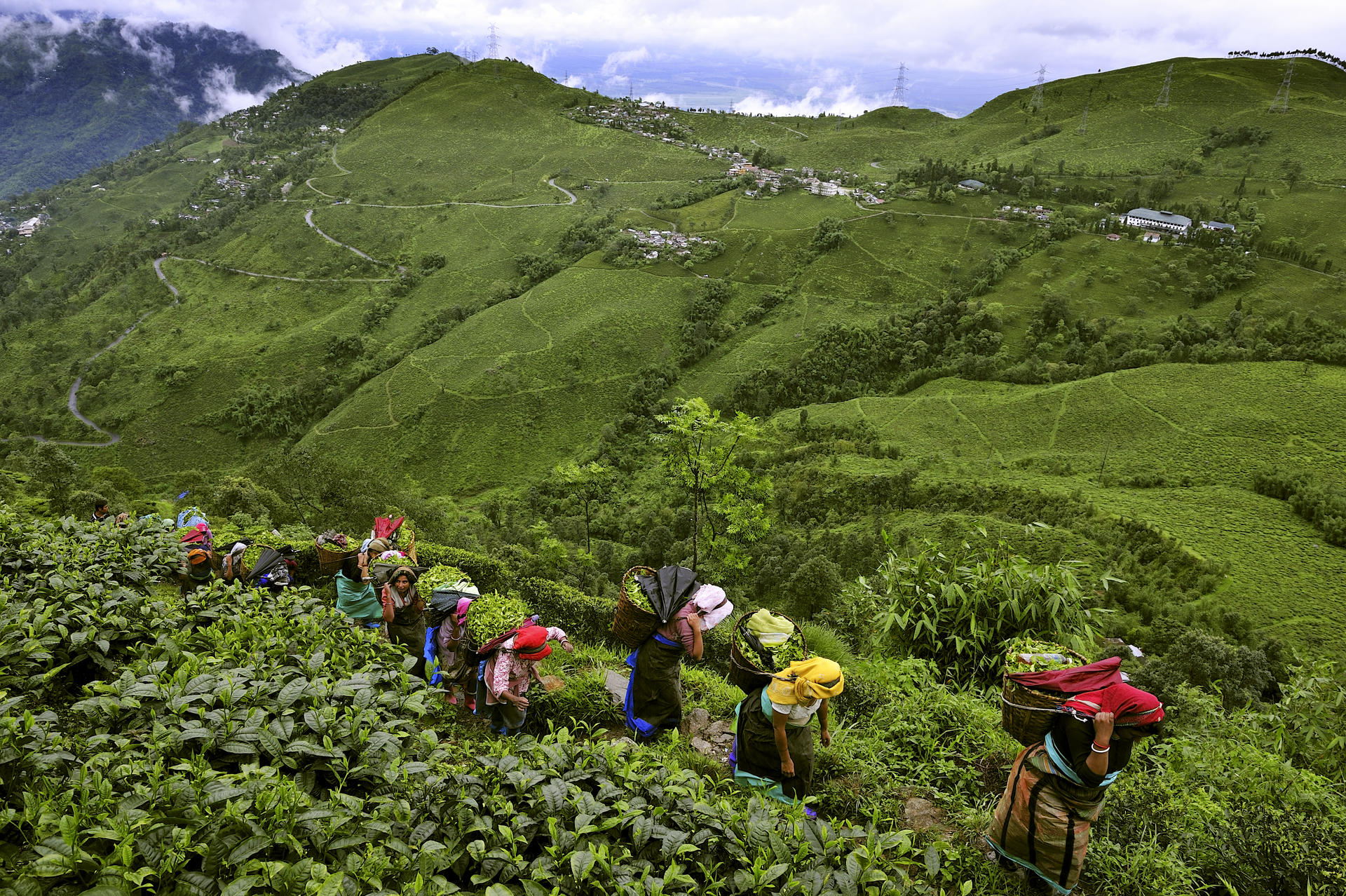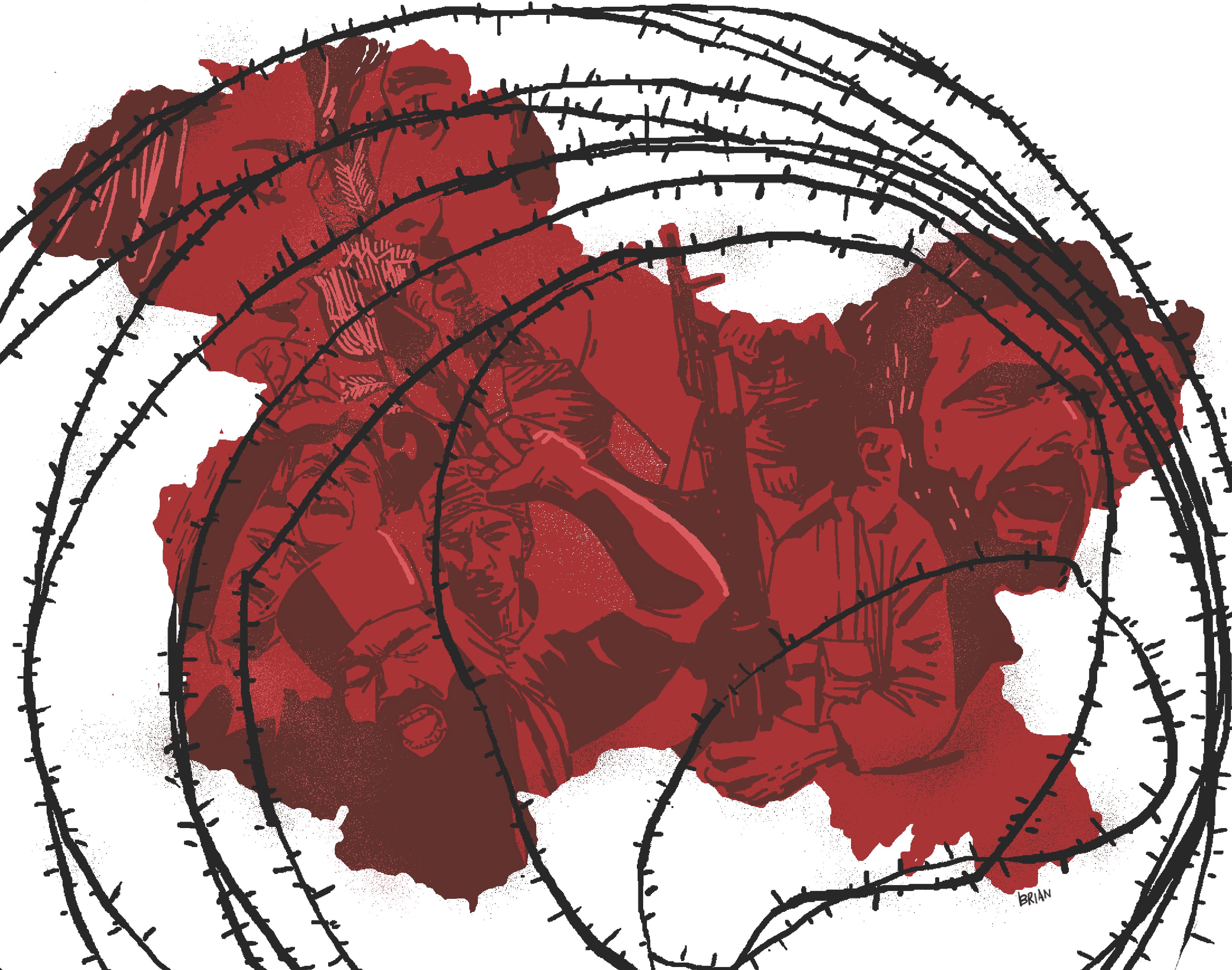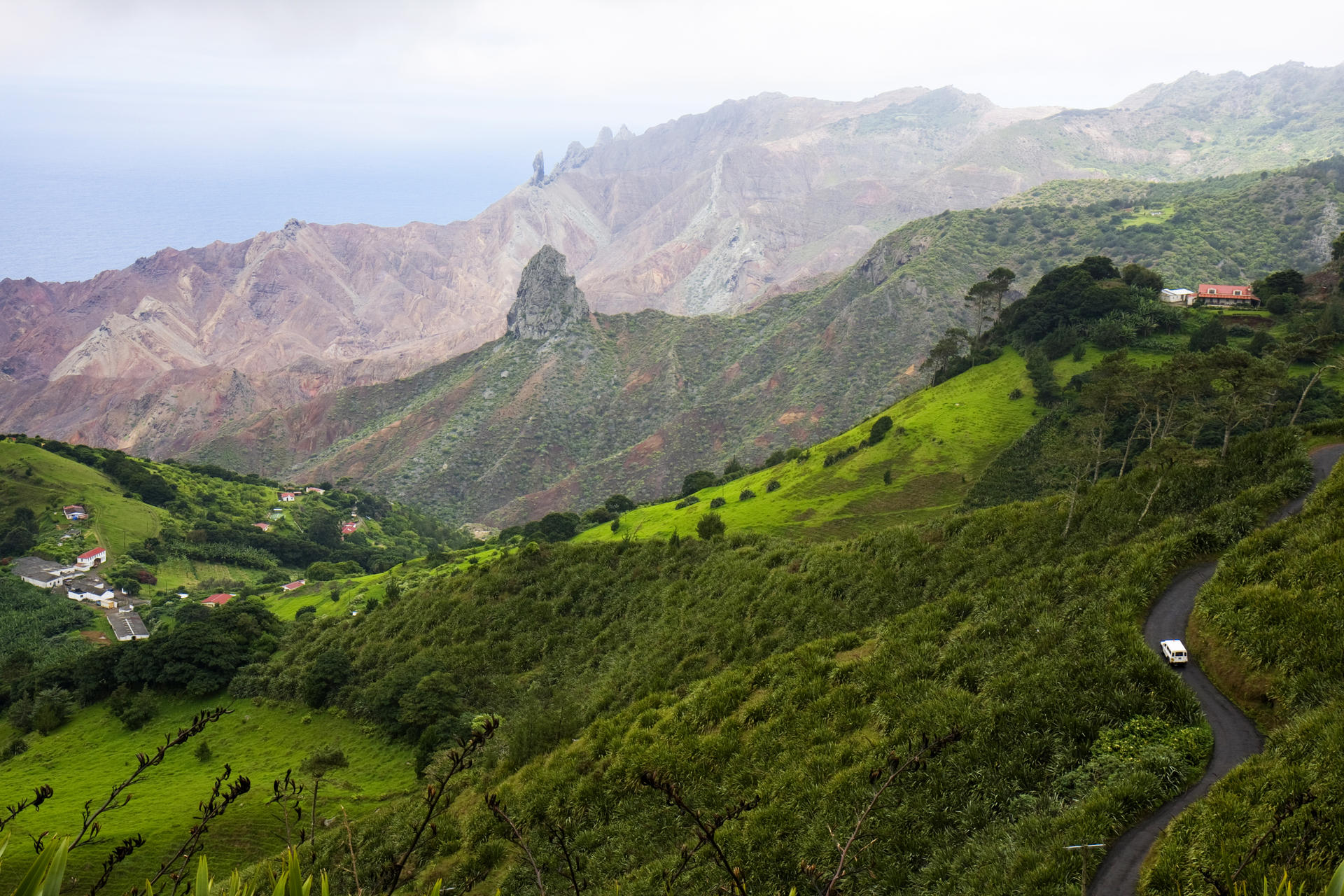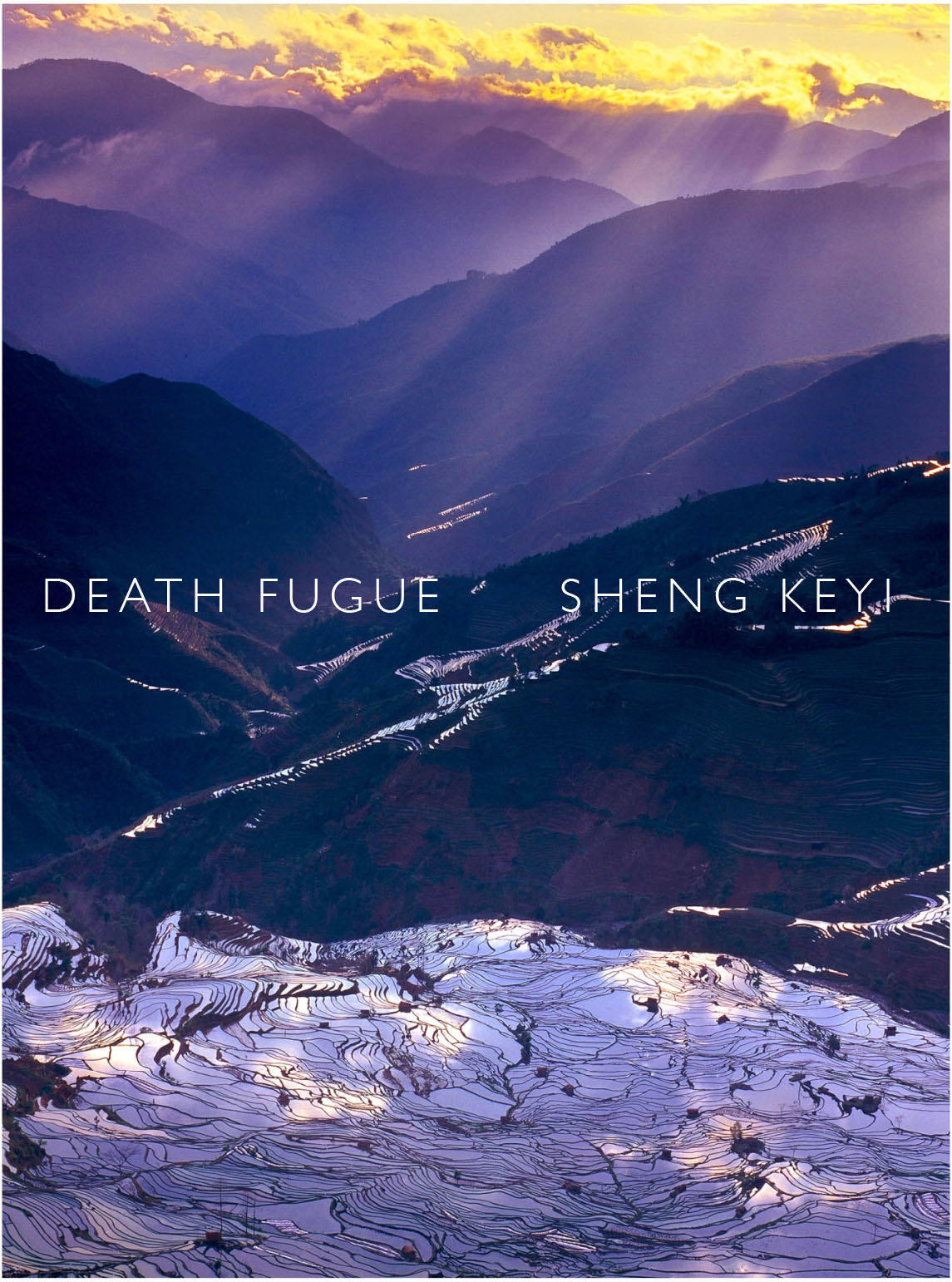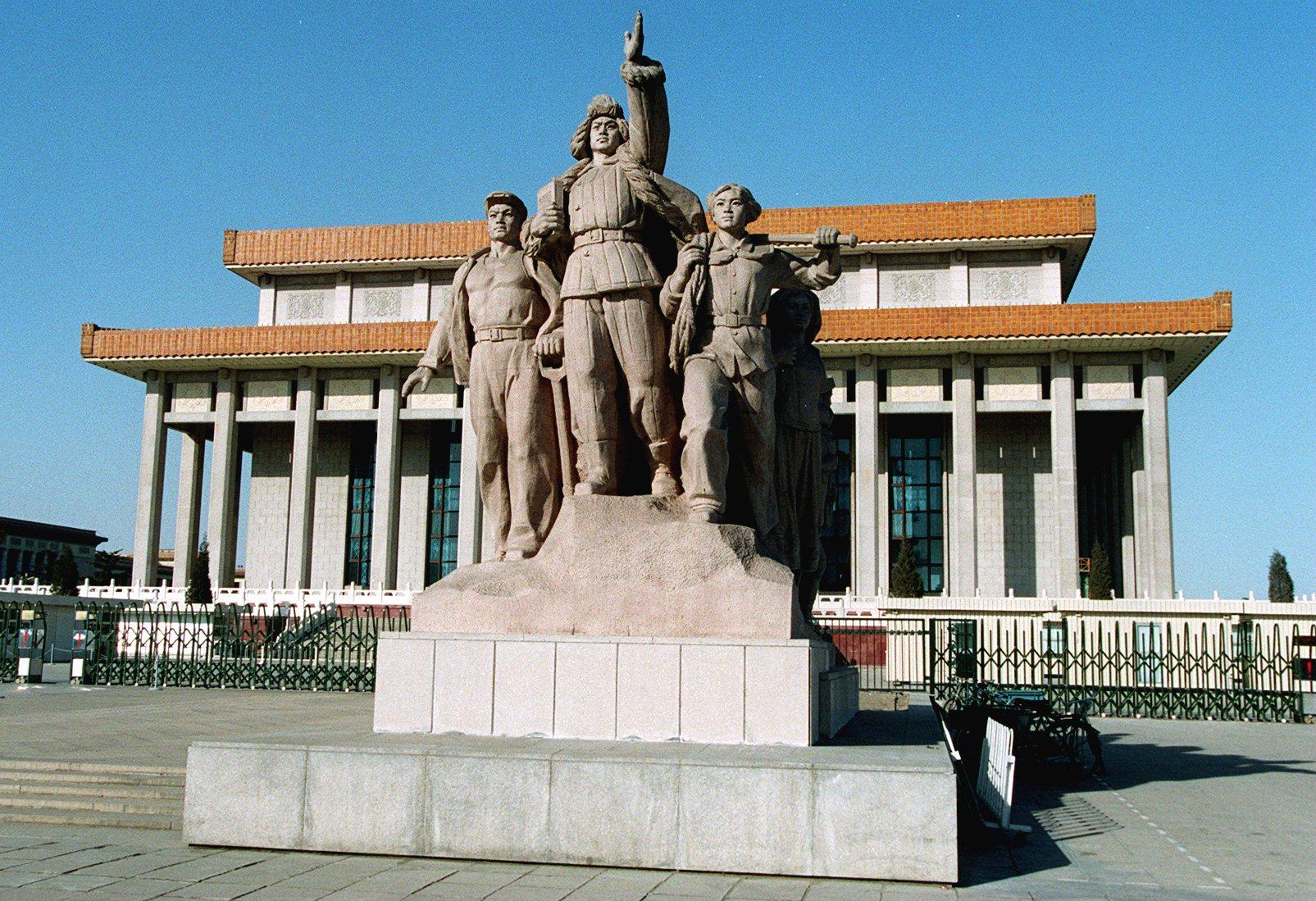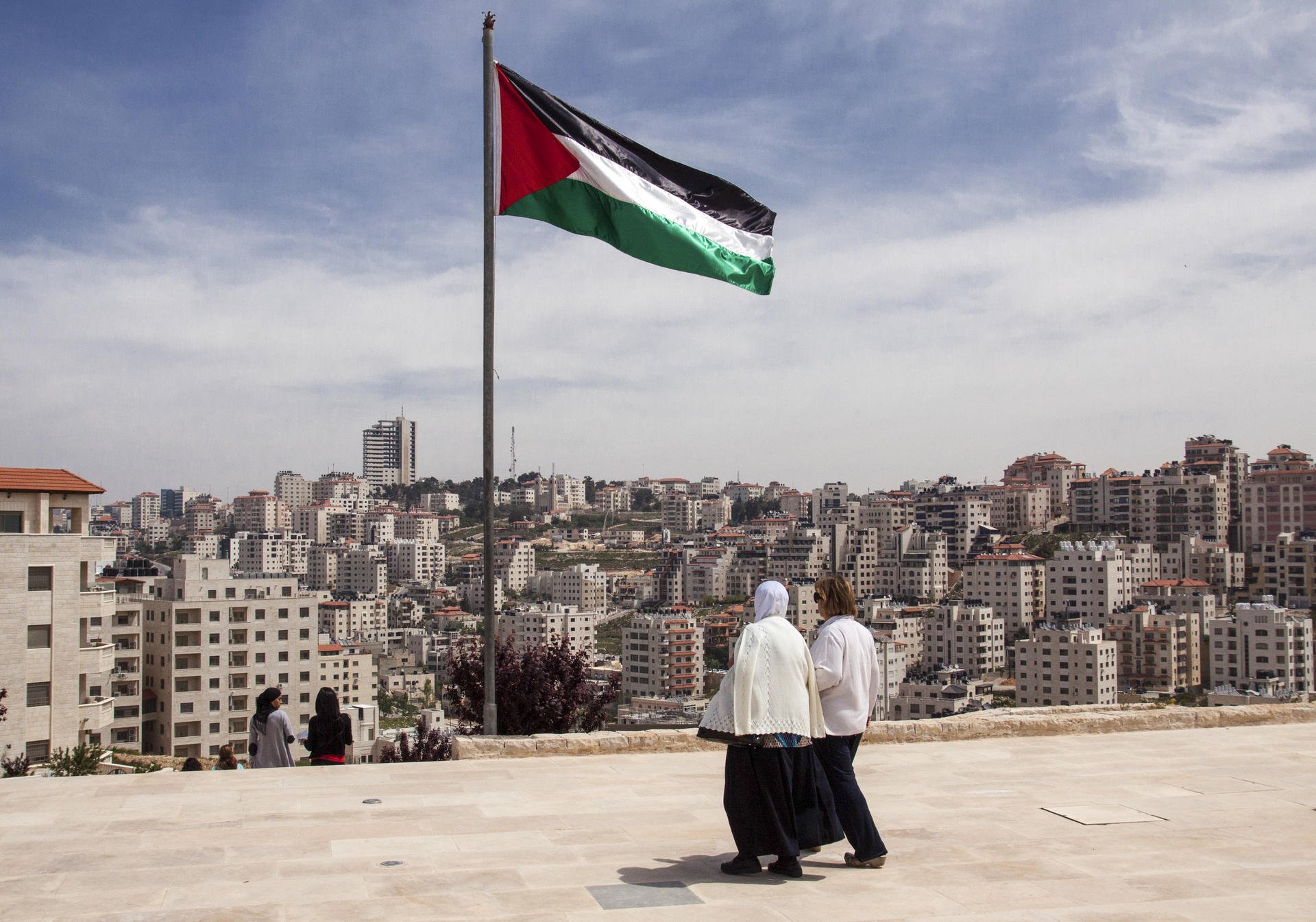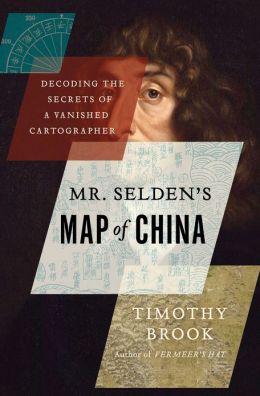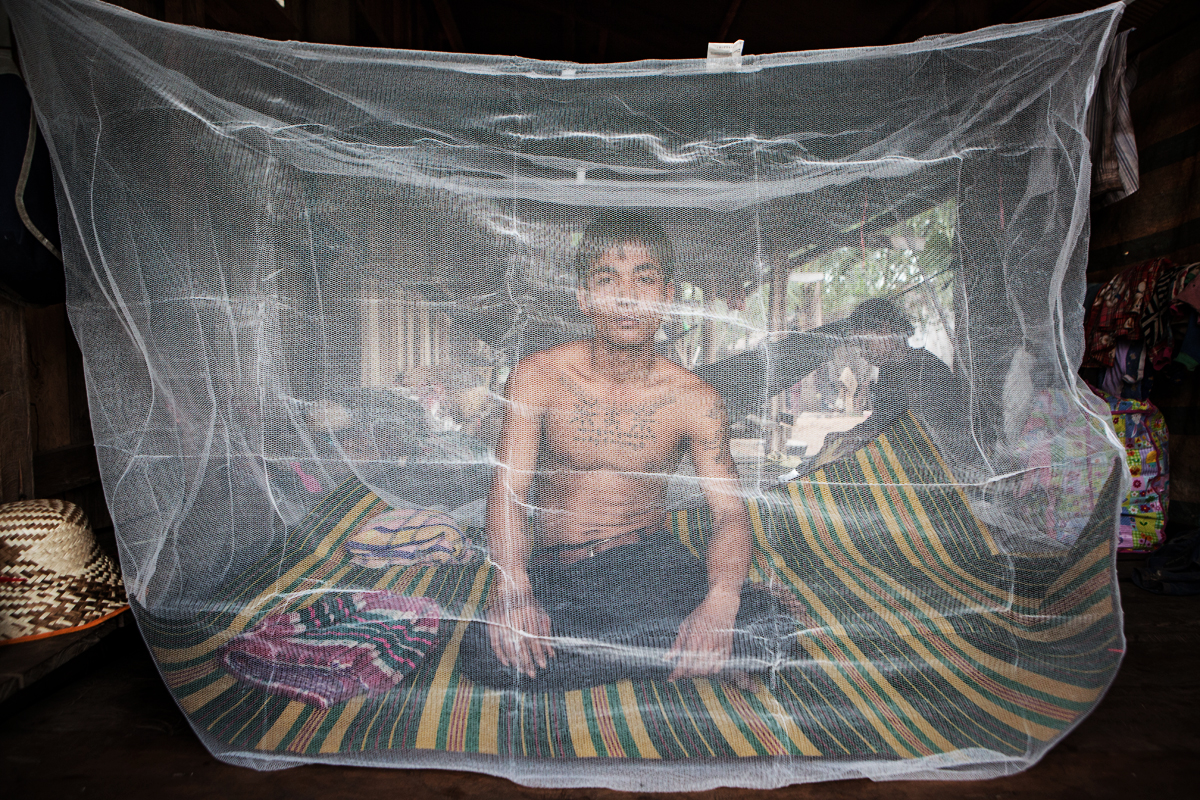Advertisement
Advertisement
Kit Gillet
The anti-hero of Chris Maden’s Price’s Price is a character who will divide readers of this accessible novel that highlights less-than-flattering aspects of Hong Kong.
Stories filled with vignettes of Cambodian-American life, and of generations trying to understand one another, are the legacy of writer who died at 28 on the cusp of literary stardom.
In The Jakarta Method, American journalist Vincent Bevins documents systematically for the first time the mass exterminations in Indonesia that became a blueprint for organised programmes of state terror around the world.
By charting the story of one Chinese scientist who came under the suspicion of the FBI, Pulitzer Prize-shortlisted author Mara Hvistendahl puts a human face to the issue of industrial espionage.
Advertisement
Charting the island’s history, Kerry Brown and Kalley Wu Tzu-hui underscore the global significance of its relationship with China.
In The Great Successor, Anna Fifield digs deep into the dictator’s early life, speaking with former classmates and others who knew the reclusive leader when he struggled with foreign languages and social interaction.
Writer David Eimer travels to far flung corners of the country formerly known as Burma to better understand its present.
In Maoism: A Global History, China scholar Julia Lovell explains Mao-era China’s influence across the globe, funding insurgencies from Africa to Nepal to Peru, and inspiring others closer to home in Cambodia and Malaya.
With Chinese demand fuelling the illicit trade, the otherwise engaging book’s message would have benefited from a broader perspective
The chancers, adventurers and criminals who made and lost fortunes in China treaty port teetering on the edge of chaos
One of Catching Thunder’s strongest points is that the authors – investigative journalists who accompanied the chasing vessel – track down players on each side, piecing together their testimonies on the 110-day chase
Since the junta made way for democratic rule in 2011, deadly outbreaks of violence between Buddhists and Muslims have scarred the country. Francis Wade creates an impressively detailed picture of the tensions inside Myanmar
Richard Lloyd Parry’s focus on those caught up in the events of that tragic day, especially relatives of the 74 children killed at Okawa Elementary School, truly highlights the small decisions that spell the difference between life and death
By following individual monks and priests, Pulitzer Prize-winning author Ian Johnson personalises his account of the reawakening of religious belief and practices in China in this timely and important book
Joshua Kurlantzick’s engaging new history says the secret war in Southeast Asia was the beginning of the modern CIA – no longer merely an intelligence-gathering agency
John Pomfret’s history of the friends-to-allies-to-enemies-and-back-again relationship between China and America is a masterful account of the ties that have shaped the foremost powers in the world today
The countryside of Maramures, where farmers still use long scythes and home-made wooden pitchforks and there's no TV or internet, gives visitors a taste of how rural life was in much of Europe two centuries ago, writes Kit Gillet
Jeff Koehler tells the colourful story of tea growing in India's Darjeeling region, from its accidental start to its uncertain future.
Mirza Waheed's second Kashmir-set novel evokes sadness for a beautiful land torn apart by war, writes Kit Gillet.
Few people in history have achieved more in their lifetime than Napoleon Bonaparte, and it quickly becomes clear in this latest in a long line of biographies just how fitting the title "Napoleon the Great" is.
"Gradually, in my head, the boundaries between these slices of time - between wartime and post-war Sri Lanka - melted away. The phrase 'post-war' lost its meaning," journalist Samanth Subramanian writes in This Divided Island.
Death Fugue, Sheng Keyi's second novel to be translated into English after Northern Girls, is, at its core, an absurdist take on the legacy of June 4, 1989, and the totalitarian nature of the Chinese government still in place today.
Disregarding his own health, and barely able to visit his dying wife in hospital, Zhou Yuqing sacrifices everything in an attempt to finish Mao Zedong's crystal sarcophagus in time for the opening of his mausoleum in 10 months' time.
If you are looking for a timely antidote to the blanket coverage of lucratively paid footballers competing in the World Cup in Brazil starting next Thursday, it's time to grab a copy of Thirty-One Nil, a gripping tale of some of the many underdogs who dreamed, however briefly, of playing alongside the likes of Ronaldo and Messi.
Palestinians in the West Bank, which is being sealed off behind a barrier, continue to live their lives in limbo. Kit Gillet looks at the reality on the ground following the collapse of the latest round of peace talks with Israel. Pictures by Jeffrey Lau.
Evan Osnos, a staff writer at The New Yorker, recently left China after eight years covering the country, but not before writing a book on China's Age of Ambition , due to be released in early May. He spoke to Kit Gillet.
In 2009, scholars at Oxford University found themselves looking down at an ancient Chinese map that hadn't been seen for almost a century.
For decades, a province in western Cambodia has been ground zero for drug-resistant strains of malaria. Now, a number of organisations are hoping to end the disease's deadly grip once and for all. Kit Gillet visits Pailin. Pictures by Jeffrey Lau.
By the 1970s, the United States was a veritable scrapyard, with rusting cars and abandoned farming and factory equipment scattered all over the country. But then the Chinese came, Adam Minter writes in Junkyard Planet, his tour de force journey through the global scrap trade.


